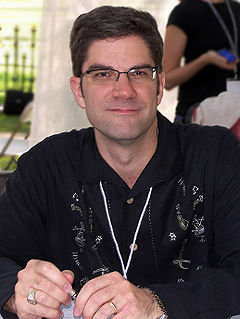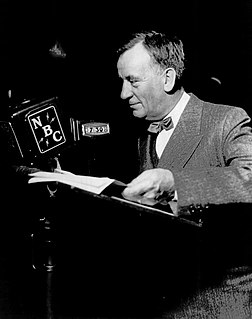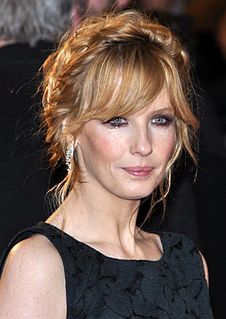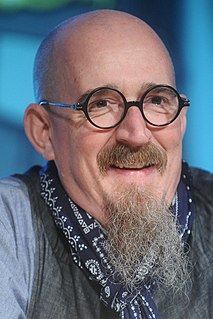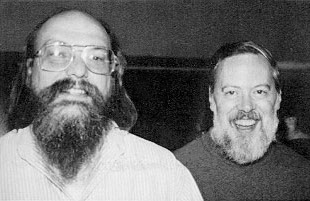A Quote by Garry Trudeau
I can only try to keep the characters interesting; it's up to the readers to decide whether they're still relevant.
Related Quotes
It's much easier to be successful than it is to be relevant. The tricks won't keep you relevant. Tricks might keep you popular for a while, but in all honesty, I don't know how U2 will stay relevant. I know we've got a future. I know we can fill stadiums. And yet with every record, I think, 'Is this it? Are we still relevant?'
When writers are self-conscious about themselves as writers they often keep a great distance from their characters, sounding as if they were writing encyclopedia entries instead of stories. Their hesitancy about physical and psychological intimacy can be a barrier to vital fiction. Conversely, a narration that makes readers hear the characters' heavy breathing and smell their emotional anguish diminishes distance. Readers feel so close to the characters that, for those magical moments, they become those characters.
By our attitude, we decide to read, or not to read. By our attitude, we decide to try or give up. By our attitude, we blame ourselves for our failure, or we blame others. Our attitude determines whether we tell the truth or lie, act or procrastinate, advance or recede, and by our own attitude we and we alone actually decide whether to succeed or fail.
Characters work really well when they're reflective of the times that they're operating in. To keep these characters static - like Superman was invented in the '30s, Wonder Woman in the '40s - if they were still operating under those kinds of constraints, they'd die. These pop cultures, just like Greek myths, they have to reflect the time their stories are being told. That's what makes them relevant.
I try to write about real women, real people - in other words flawed characters. I find flawed characters much more interesting than perfect ones and enjoy the challenge of making readers root for them in spite of their unsympathetic path and destructive choices. Life is about the gray areas. Things are seldom black and white, even when we wish they were and think they should be, and I like exploring this nuanced terrain.
The story man must see clearly in his own mind how every piece of business will be put over. He should feel every expression, every reaction. He get far enough from his story to take a second look at it... to see whether there is any dead phase... to see whether the personalities are going to be interesting and appealing to the audience. He should also try to see that the things that his characters are doing are of an interesting nature.

